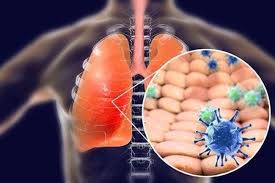
Ph.D. in Allergy and Infectious Diseases is a research-based program that focuses on studying how the immune system responds to diseases and allergens. The program, which normally lasts 3-5 years, includes courses in immunology, microbiology, molecular biology, and clinical medicine. Students study the processes of allergies, infectious diseases, and immunological responses, including host-pathogen interactions, vaccination, antimicrobial resistance, and immune treatments. Research encompasses both basic science and clinical applications. Graduates pursue positions in academia, pharmaceuticals, public health, or clinical research, helping to promote disease prevention, vaccine development, and therapeutic interventions. Admission requires a solid background in biological sciences.